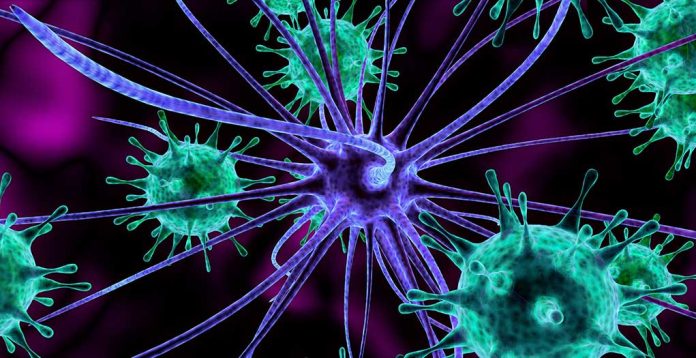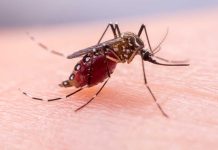
(DailyDig.com) – Proteobacteria are gut bacteria that may contribute to obesity. Recent research suggests that they could lead to compulsive overeating.
Researchers first tested their hypothesis on mice, and then they divided people into two groups: those with food addictions and those without.
The populations of these bacteria were significantly higher in the intestines of food-addicted mice and people compared to individuals without the disorder.
People with food addiction had lower levels of Actinobacteria and Blautia bacteria and higher levels of Proteobacteria bacteria. People with a higher proportion of Proteobacteria may have more substantial food cravings and a more challenging time feeling full, which might explain why some people tend to overeat more than others.
Addiction to food, like addiction to drugs or alcohol, is a behavioral disease defined by an unhealthy preoccupation with food and the development of compulsive eating habits. Obesity and other health problems can develop when people with this disorder lose control of their eating habits and continue to want unhealthy foods. Because it is not listed in the DSM-5, food addiction is a contentious issue in the scientific community.
Researchers correlated bacterial communities in the stomach with levels of food addiction using a scale called the Yale Food Addiction Scale (YFAS 2.0). They looked into the gut microbiome of both people and mice. In both humans and animals with food addiction, the data demonstrated an upregulation of Proteobacteria and a downregulation of Actinobacteria and another bacterium known as Blautia.
Potential therapies for eating disorders and overeating might be developed upon the realization that some gut bacteria are harmful while others could inhibit food addiction. The quantity of the Blautia genus reduces in both mice and humans as desire and compulsive eating grow, according to Harriët Schellekens, a senior lecturer at Ireland’s University College Cork. Mice that are supplemented with pre- and probiotics that promote Blautia have a decreased incidence of food addiction.
We don’t yet know how to fix this particular strain of bacteria, but there are techniques to restore a healthy balance to your gut flora. Dr. Murthy recommends eating more fiber-rich foods, including fruits, vegetables, and whole grains, in order to foster the growth of good bacteria in the gut.
Copyright 2024, DailyDig.com













